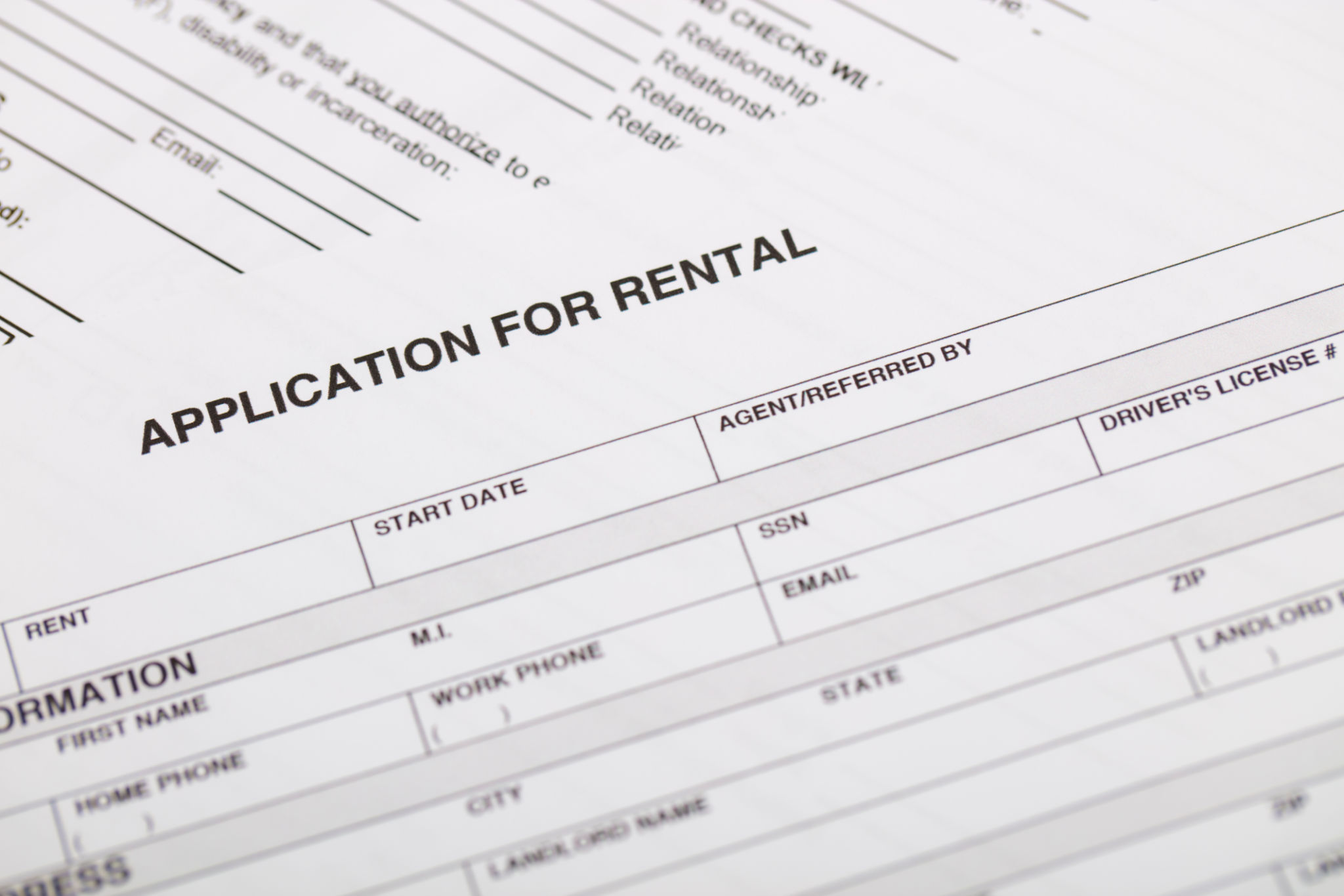How to Navigate Tenant Screening: Tips for Effective Lease Management
Understanding the Importance of Tenant Screening
Effective lease management begins with thorough tenant screening. This crucial process helps property managers and landlords identify reliable tenants who are likely to pay rent on time and maintain the property. By carefully evaluating potential tenants, you can minimize risks and ensure a smooth rental experience.
Tenant screening involves more than just a credit check. It includes assessing an applicant's rental history, employment status, and personal references. This comprehensive approach helps in making informed decisions that protect your investment.

Key Steps in the Screening Process
1. Establish Clear Criteria
Before beginning the screening process, it's essential to establish clear criteria for what constitutes an ideal tenant. Consider factors such as credit score, income level, and rental history. These criteria will guide your decision-making and ensure consistency in evaluating applicants.
2. Use a Rental Application Form
A detailed rental application form is a vital tool in the screening process. This form should collect essential information, including personal details, employment history, and contact information for previous landlords. Ensure that your rental application complies with local laws and regulations.

3. Conduct Background Checks
Background checks are a critical component of tenant screening. These checks typically include credit reports, criminal background checks, and eviction history. By conducting these checks, you can gain valuable insights into an applicant's reliability and trustworthiness.
Evaluating Employment and Income
Verifying an applicant's employment status and income is crucial to ensure they can afford the rent. Request proof of income, such as pay stubs or bank statements, to confirm their financial stability. Contacting employers can also provide additional insights into the applicant's work ethic and reliability.

Assessing Rental History
An applicant's rental history can reveal a lot about their behavior as a tenant. Contact previous landlords to inquire about their payment history, property maintenance habits, and any issues during their tenancy. A positive rental history is a strong indicator of a responsible tenant.
Conducting Personal Interviews
While not always necessary, conducting a personal interview can provide additional context about an applicant. This interaction allows you to assess their communication skills and gauge whether they will be a good fit for your property. Prepare a list of questions to guide the conversation and ensure consistency across interviews.
Making the Final Decision
Once you've gathered all the necessary information, it's time to make a well-informed decision. Weigh the pros and cons of each candidate based on your established criteria. Remember that finding the right tenant is not just about ticking boxes but also about ensuring they align with your property's values and expectations.
Ensuring Compliance with Fair Housing Laws
Throughout the screening process, it's vital to remain compliant with fair housing laws. These laws protect against discriminatory practices based on race, color, national origin, religion, sex, familial status, or disability. Keep your criteria consistent and document your decision-making process to avoid potential legal issues.

